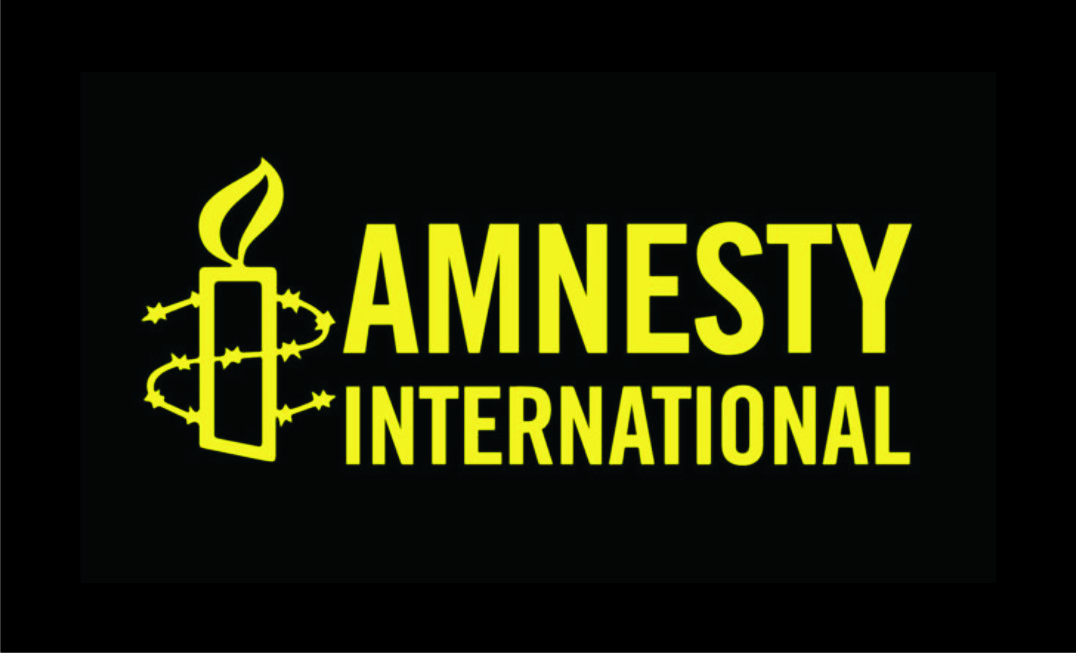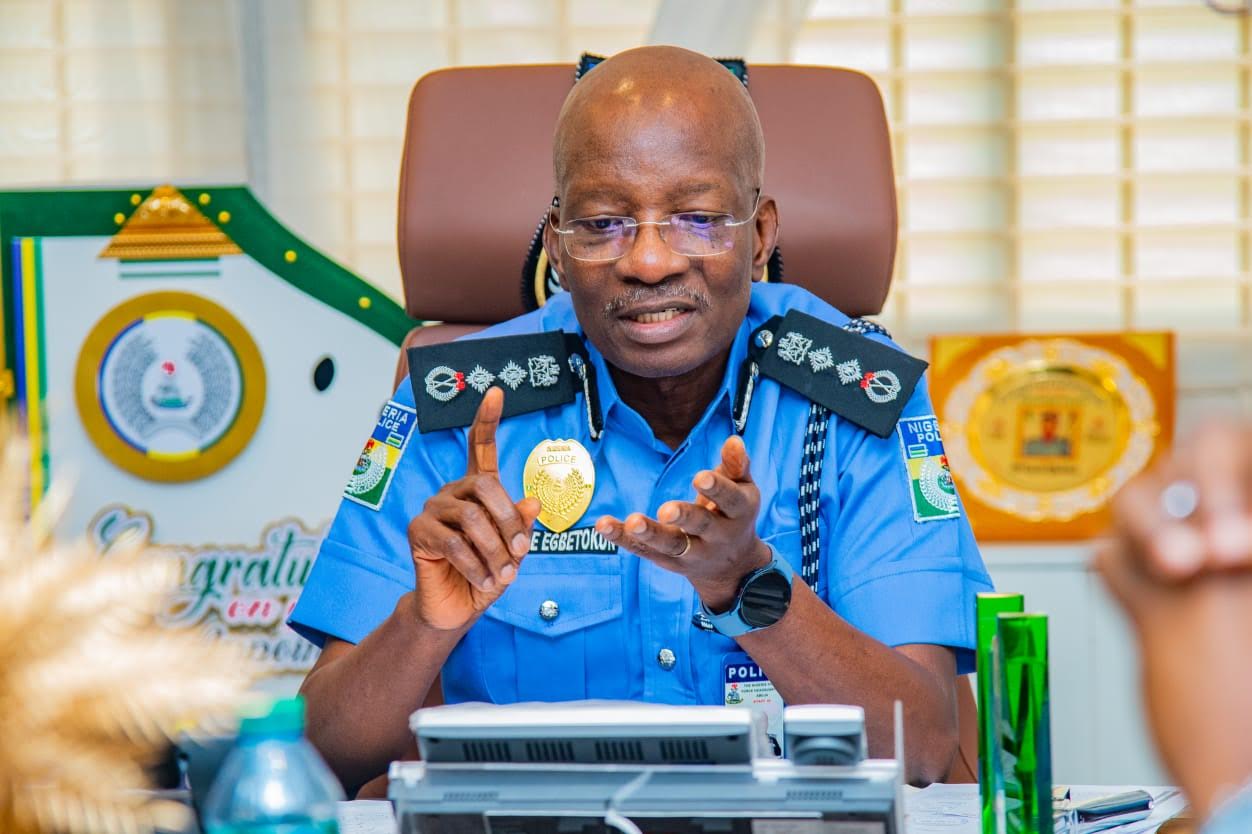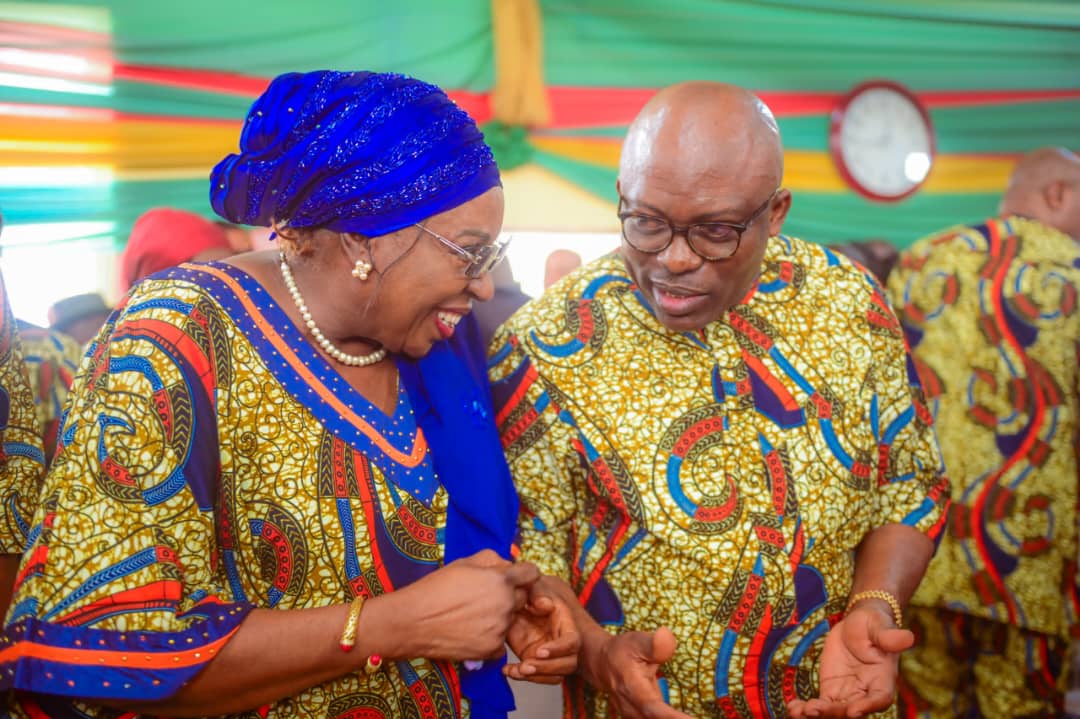News
Rivers Police Dismiss Amnesty Claims On Rising Killing

The Rivers State Police Command has dismissed claims by Amnesty International that there were rising cult-related killings in the state.
In a swift reaction to the global human rights NGO’s report, made public, yesterday, the police said: “That report is not a true reflection of what is on ground in Rivers State”.
The police state that on the contrary, there was a steep decline in cult-related violence and killings in the state, stressing that the security situation in the state was far better than what obtains in some other states in the country.
It would be recalled that Amnesty International had released a report, yesterday, detailing what it claimed to be incidences of killings in the state in the last 12 months.
The release read: “The failure of authorities to protect people from attacks and intimidation by violent gangs is leading to loss of lives and rising impunity that is making life precarious in some communities across Rivers State.
“At least, 60 people were killed in 2019 alone in various communities of Rivers State, especially; Khana and Gokana local government areas. It appears that the government is still not doing enough to protect people in these communities from attacks. The killers are literally getting away with murder, while no one is being arrested or punished for these crimes.
“The authorities have failed to bring those responsible for these horrific crimes to justice and have allowed a climate of impunity to fuel further violence. We call on the Nigerian authorities to take more robust action to stop these attacks by investigating every clash and bringing perpetrators to justice”, said Country Director, Amnesty International Nigeria, Osai Ojigho.
“The government has an obligation to defend and protect its citizens; its failure to provide a safe environment for people in Rivers state especially in Emohua, Khana and Gokana local government areas and its failure to investigate and prosecute those responsible for these killings created an atmosphere of fear in the region.
“An investigation by Amnesty International reveals that the rise in cult related violence is as a result of government’s failure to investigate, arrest and prosecute perpetrators, as the culture of impunity continues to embolden further attacks. Residents also alleged that influential politicians often provide arms and protections to violent youth groups.
“In few cases where the Nigerian security agencies did respond to the armed gang clashes, their response is slow and inadequate. Residents informed Amnesty International that gang clashes usually last for 2 – 3 hours while security forces always arrive hours after the clashes ended.
‘Communities affected by these clashes said despite fatalities authorities have not taken any concrete actions.
“Whenever there is an attack by the armed gangs, we usually call the police and other security agencies to come to our rescue but they only arrive when the gangs have left. When they come, they will arrest innocent villagers, mount road blocks and send security men to the villages, but after two weeks they dismantle the road blocks and leave the community until another violent gang attack,” said a resident of one of the affected communities.
“People have been linking the rise in violence to arming of youths by politicians for electoral purposes.
“A youth leader in Khana community blamed politicians for providing arms to the youths during elections.
“Different political parties use different criminal cult groups for their selfish interests. If they think their group is not strong enough to deliver, they empower them with more weapons. But they don’t think about the aftermath of everything. They don’t care what happens after elections”.
“At least 49 people have been killed in different communities in Khana local government area in series of attacks between April and September 2019, according to villagers and community leaders.
News
Retirement: Ignore PSC’s Directive, Remain In Office, IGP Tells Officers

The Inspector General of Police, IGP Kayode Egbetokun, has instructed all police officers affected by the recent directive from the Police Service Commission (PSC) to disregard the order.
The PSC had directed officers who have served 35 years or reached 60 years of age to retire immediately.
A wireless message from the office of the Force Secretary, dated February 11, 2025, stated that the IGP “strongly directs all officers affected by the PSC’s directive to stay action, pending further instruction.” Officers were told to comply strictly with this order.
Last week, PSC spokesman Ikechukwu Ani, explained that the commission’s order followed a review of its previous stance from the 24th plenary meeting in September 2017, allowing force entrants to use their enlistment date rather than their initial appointment date.
The commission cited inconsistencies with Public Service Rule No. 020908, which mandates retirement after 35 years of service or upon reaching 60 years of age.
However, the PSC clarified that it does not have the constitutional authority to determine the appointment or retirement of IGP Egbetokun.
News
Be Consoled, God Who Gives, Also Takes, Fubara Tells Principal Secretary

Rivers State Governor, Sir Siminalayi Fubara, has extolled the sterling motherly virtues of late Mama Ayebadieye Edward Igbeta, and urged the children not to deviate from those valuable lessons she had taught them.
Late Mama Ayebadieye Edward Igbeta (79 years) is the mother of Dr Ayebaesin Jacob Beredugo, the Principal Secretary to Governor Fubara.
The Rivers State Governor, who described Dr Beredugo as a brother, trusted ally and key stakeholder of his administration, urged him to be consoled in God and bear the loss with fortitude.
Governor Fubara gave the advise at the funeral service in honour of late Mama Ayebadieye Edward Igbeta at the Cathedral Church of St Luke, Anglican Communion in Nembe City, Nembe Local Government Area of Bayelsa State yesterday.
The Rivers State Governor said: “We are here as a government to show that in this difficult time, we stand with him. We know that there is no consolation here that can fill the gap of this loss, more especially the loss of a mother.
“But, we want to draw his mind to the good Book: that it is the Lord that giveth, and it is also the Lord that taketh. And he takes for a reason.
“We live in a corrupt world, and when you are a saint in the world, when it pleases the Almighty and He believes that He doesn’t want you to be corrupted, He takes away the soul to a better place where death is no more, where you don’t have to look for food again, where you have peace.”
Governor Fubara expressed strong belief that given the way Mama had lived and the good virtues that had been read out and said about her, there is no doubt that she will be in a good side in heaven.
The Governor decried the current condition of the cathedral where the funeral service held and committed the support of the Rivers State Government to ensure the completion of the building in memory of late Mama Ayebadieye Edward Igbeta
“We have been made to understand that the Cathedral needs strong support. We are willing to support the completion of the Cathedral. We will support the building in memory of Mama with the sum of N50million”
Delivering the sermon on the topic; “Hope in the face of death”, Bishop of the Diocese of Western Izon, Rt. Rev. Victor Okporu, said those who are confidently expecting positive future must also believe in Jesus Christ, repent of their sins, and be prepared to spend eternity with Him.
Reading the biography of the late Madam Ayebadieye Edward-Igbeta, brother of the decreased, Mr Godwin Ekine, said his late sister was an embodiment of love, care, peaceful and kind-hearted, and touched lives through her generosity and compassion.
Friends and well-wishers from Bayelsa, Rivers and Delta states, some of whom shared fun memories of the late matriarch, were later hosted to a funeral reception at King Koko’s Square in Nembe Town.
Also at the burial were the State Deputy Governor, Prof Ngozi Odu; Speaker, Rivers State House of Assembly, Rt Hon Victor Oko-Jumbo; member representing Ikwerre/Emohua Federal Constituency in the National Assembly, Hon Boniface Emerengwa; and Chief of Staff, Government House, Dr Edison Ehie.
Others are Head of Service, Dr George Nwaeke; Attorney General and Commissioner for Justice, Dagogo Israel Iboroma, SAN, Dr Tamunosis Gogo-Jaja; Chief Hanny Woko; Amaopusenibo Fubara Hart; Chief Theodore Georgewill; members of the State Executive Council; Special Advisers; top politicians, leaders and stakeholders in the State; among others.
News
Old Boys Plan Rehabilitation Of GSS, Okehi
The Chairman of the Old Boys Association of Government Secondary School (GSS), Okehi Etche, Rivers State, Prof. Sir, Umunna Offor, has stated that the association would soon visit their alma-mater and rehabilitate decayed infrastructure and facilities in the compound.
The chairman made this assertion while speaking with some newsmen after an extensive meeting of the Old Boys in Port Harcourt, recently.
Sir Offor stated that since they left the secondary school, some years ago, most of the facilities and infrastructure built by then Rivers State Government had decayed and worn out.
“ However, being responsible ambassadors and Old Boys of the college, we would not fold our arms and expect government to rebuild everything in the school compound, hence, we have decided to come together and graciously assist our alma mater’, he said.
“The meeting was basically for like-minds to gather to find a way to help the school, it is a thing of joy to see and receive old school friends and comrades who have gone far in life and have excelled in their respective chosen fields”.
Speaking in the same vein, Engr, Lasbrey Amadi; (FNSE), who is also an old boy and former member of the House of Representatives, said the association would be working in synergy with the administrators of the school to ensure that in no distant time; there would be a massive face-lift in the physical infrastructure in the school compound.
Veering into politics in Nigeria of today, Engr, Amadi, said that god-fatherism in politics had seriously killed the gains and beauty of democracy in Nigeria and quickly urged politicians to always play-down the issue of god-fatherism in politics and ensure good governance in the country.
In his comment, the Public Relations Officer (PRO) of the Association, Mr Goodluck Nwaobilor, said the door of the association is still wide open for new members who finished from the school to join and work towards taking the association to higher level.
-
Niger Delta2 days ago
D’Gov Emphasizes Agriculture In Industrialization … Tasks LG Health Authorities On Discipline
-

 Editorial2 days ago
Editorial2 days agoIsrael-Gaza War: Sustaining The Ceasefire
-

 Niger Delta5 hours ago
Niger Delta5 hours agoNDDC Begins N50,000 Monthly Payment To 10,000 N’Delta Youths
-

 Politics2 days ago
Politics2 days agoTinubu Sticking To ‘Snatch And Grab’ Agenda, Atiku Responds To Presidency
-
Politics2 days ago
Against Governors’ Resolution, Anyanwu Resumes Office At PDP Secretariat
-
Niger Delta7 hours ago
Police Nab Pupil For Threatening Schoolmates With Pistol
-

 News4 hours ago
News4 hours agoRetirement: Ignore PSC’s Directive, Remain In Office, IGP Tells Officers
-
News2 days ago
NGO Implants Free Pacemakers Into 22 Cardiac Patients In PH

